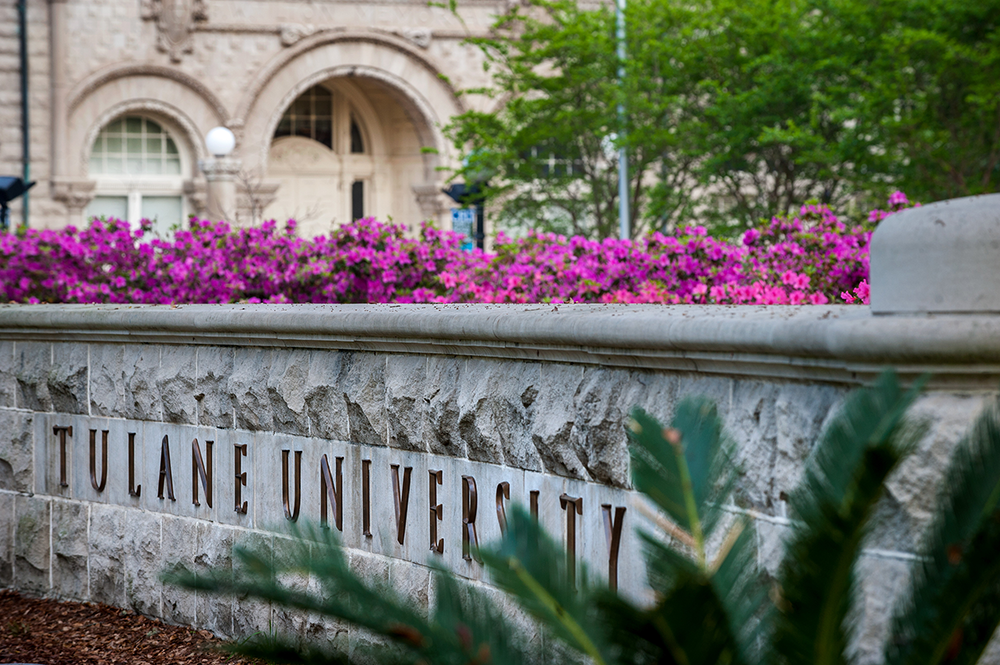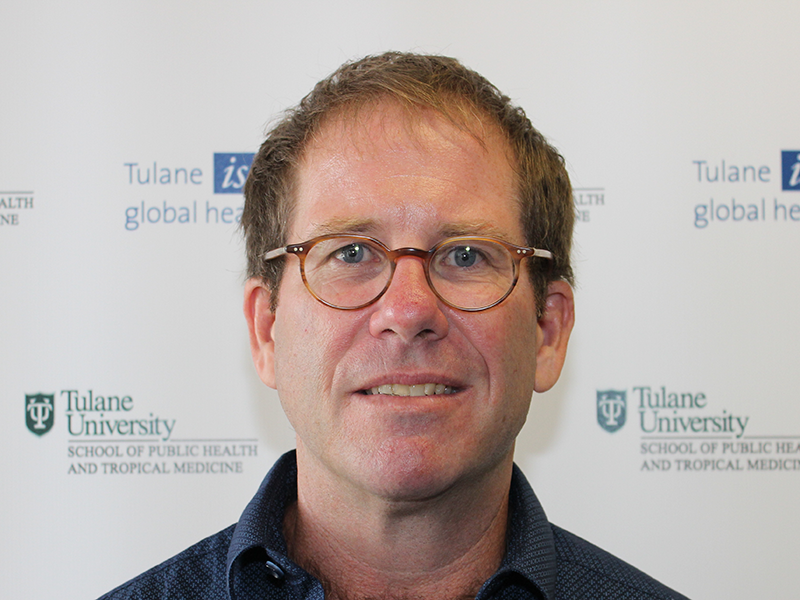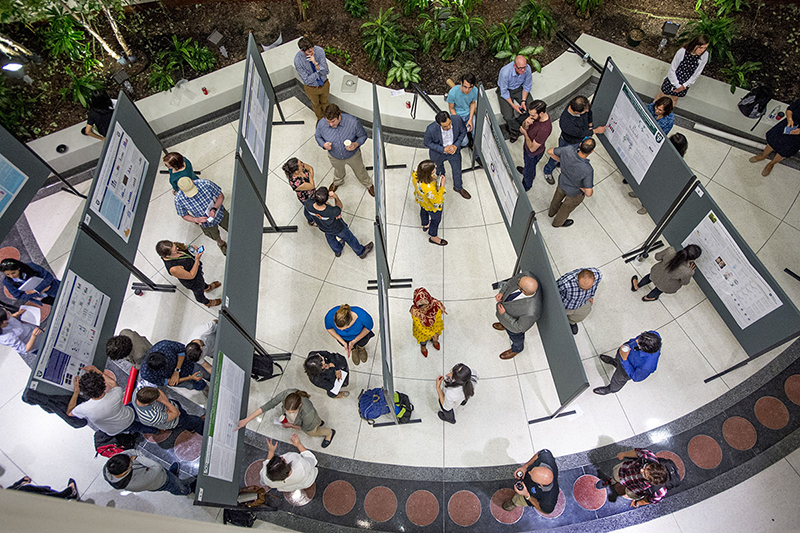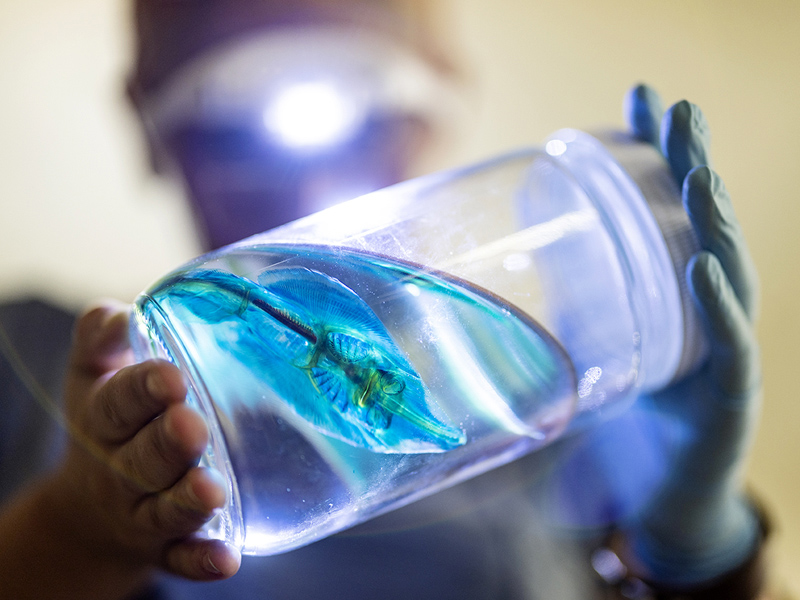Research at Tulane
Tulane University harnesses innovation, expertise, and a spirit of enterprise to tackle some of the most pressing challenges facing society. By fostering practical, cross-disciplinary collaboration, we are developing real-world solutions in areas that matter—advancing medical and biosciences, strengthening public health, supporting healthy and resilient communities, and addressing challenges related to energy, water, and infrastructure. Grounded in the unique culture and needs of the Gulf South, Tulane’s research extends far beyond our region—shaping policies, informing practices, and improving lives around the world.

Tulane is a member of the prestigious Association of American Universities, a select group of the 71 leading research universities in the United States and Canada with “preeminent programs of graduate and professional education and scholarly research.” The university is also ranked by the Carnegie Foundation for the Advancement of Teaching as a university with “very high research activity.” Of more than 4,300 higher educational institutions rated by the foundation, Tulane remains in a prestigious category that includes only 2 percent of universities nationwide.
received for Sponsored Projects Administration awards in 2023
received in federal support in 2023
received for Corporate & Foundation Relations in 2023
Cutting university research is bad for Louisiana. Here's why.

Research in Action, People Protected: Federal Support in Malaria Control
Dr. Thom Eisele is a professor with joint appointments in the Departments of Tropical Medicine and Infectious Diseases and International Health and Sustainable Development within the Celia Scott Weatherhead School of Public Health and Tropical Medicine. He is also director of the Center for Applied Malaria Research and Evaluation. His expertise includes malaria epidemiology, evaluating the impact of control and elimination strategies, and measuring intervention coverage and health outcomes. His current research focuses on the effectiveness of malaria control strategies.
“Funding cuts threaten more than research. Reductions in malaria support will disrupt treatment and delay the evaluation of promising tools. These setbacks will have serious consequences for the global effort to control and eventually eliminate the disease.”
Discover More Researcher Profiles
Research at Tulane University is a cornerstone of our mission, driving advancements that extend from local communities to global platforms. With over 1,600 ongoing clinical trials, our faculty and students are dedicated to translating scientific discoveries into transformative medical treatments, directly enhancing patient care and outcomes.
Beyond healthcare, Tulane's research endeavors fuel economic growth by fostering technological innovations and creating employment opportunities within the region. Our interdisciplinary approach addresses urgent health crises and environmental challenges, reflecting a dedication to developing tangible solutions that benefit humanity.
Research here isn’t just the province of graduate students or faculty: Undergraduate research is an important part of the Tulane experience, and grants are available to help students cover the cost of research materials, travel and other expenses.
" Federal support has allowed faculty at Tulane to make pathbreaking discoveries that create better health outcomes, save lives, advance science and technology, create innovation and support economic development. "
— President Michael A. Fitts




